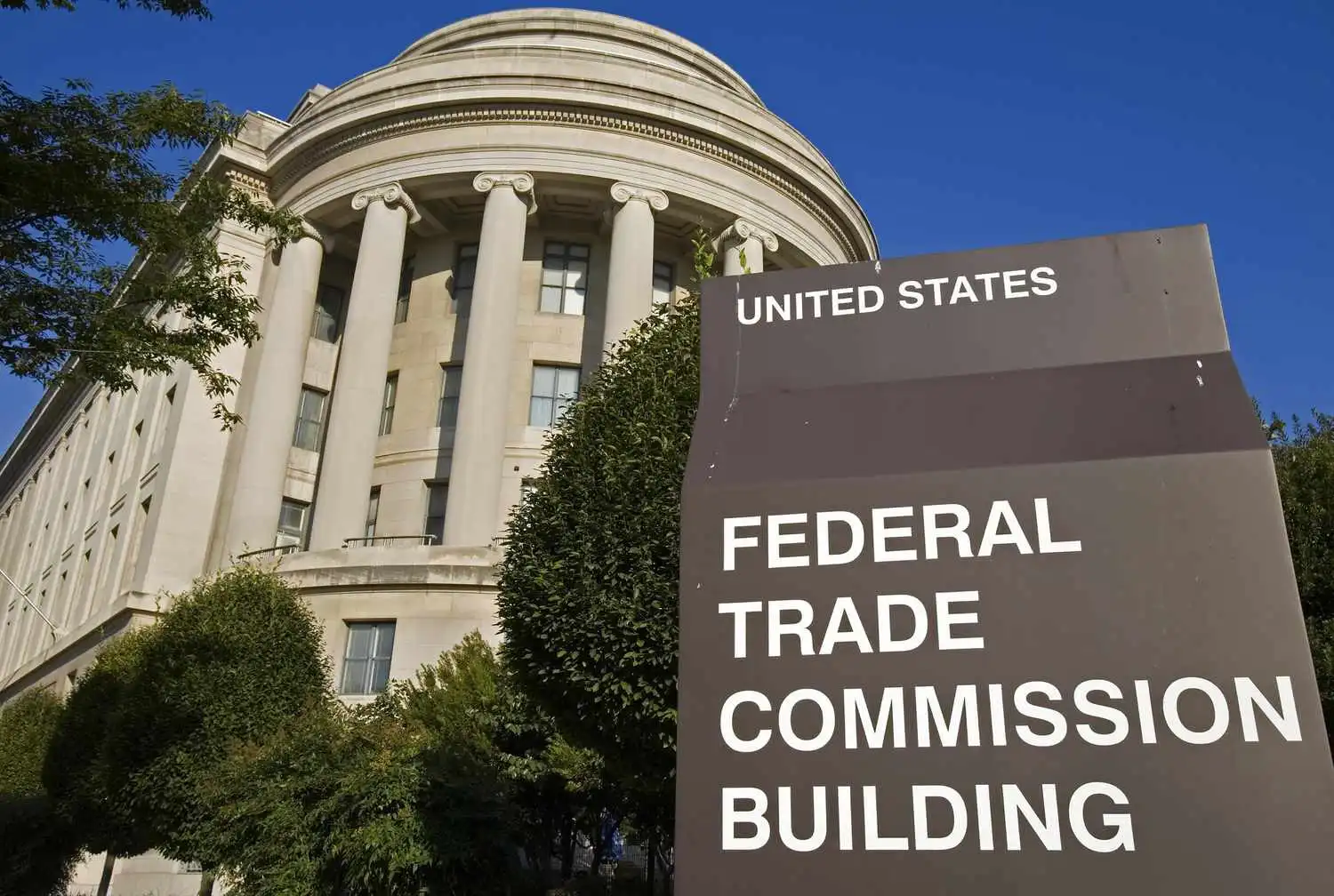To stop people from selling and buying fake social media data like friends, likes, and views, the Federal Trade Commission (FTC) has put in place strict new rules. With these rules, which go into action 60 days after being published in the Federal Register, the Federal Trade Commission (FTC) hopes to stop influencers and businesses from falsely boosting their online profile for business reasons.
It will be against the law to buy or sell fake social media signals, even ones made by bots or accounts that have been hacked. Persons or businesses that use these fake measures to trick people into thinking they are important or influential are specifically being targeted by the FTC.
It’s not just social media numbers that are being hacked. The FTC is also paying close attention to fake reviews, especially those that are written by computers or people who have never used the product or service in question. People are also looking closely at celebrity recommendations, private reviews, and businesses that don’t let customers give feedback. Fines of up to $50,000 per violation could happen for any violations, which is a strong barrier for people who use these dishonest practices.
Rob Freund, an advertising lawyer in the U.S., stressed how broad these rules are by saying that anyone using fake methods to improve their online numbers will be breaking the new rules. This includes celebrities who have been pushing sketchy cryptocurrency projects, which have often caused their fans to lose a lot of money.
One example of this kind of wrongdoing that stands out is the 2021 Save the Kids cryptocurrency token, which was strongly pushed by people with ties to the games group FaZe Clan. The project quickly failed, leaving many investors with worthless tokens and raising major ethical issues about influencer recommendations in the crypto space, even though it was said to have good goals.
This is part of a larger attempt by the FTC to clean up the digital market and make sure people can trust the information they see online. The FTC wants to level the playing field for honest rivals and protect customers from scams by making influencers and businesses responsible for the accuracy of their social media metrics and reviews.
These new rules are a big step forward in the fight against misleading ads, and they show how important it is to be honest in the digital age. Marketers and influencers will both need to be more careful to keep their online presence honest after these rules go into force.
































